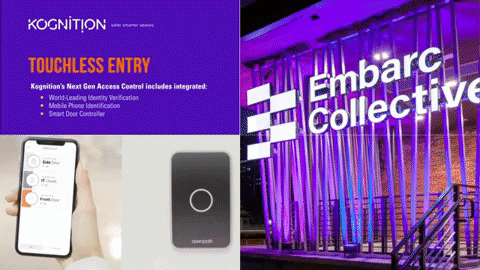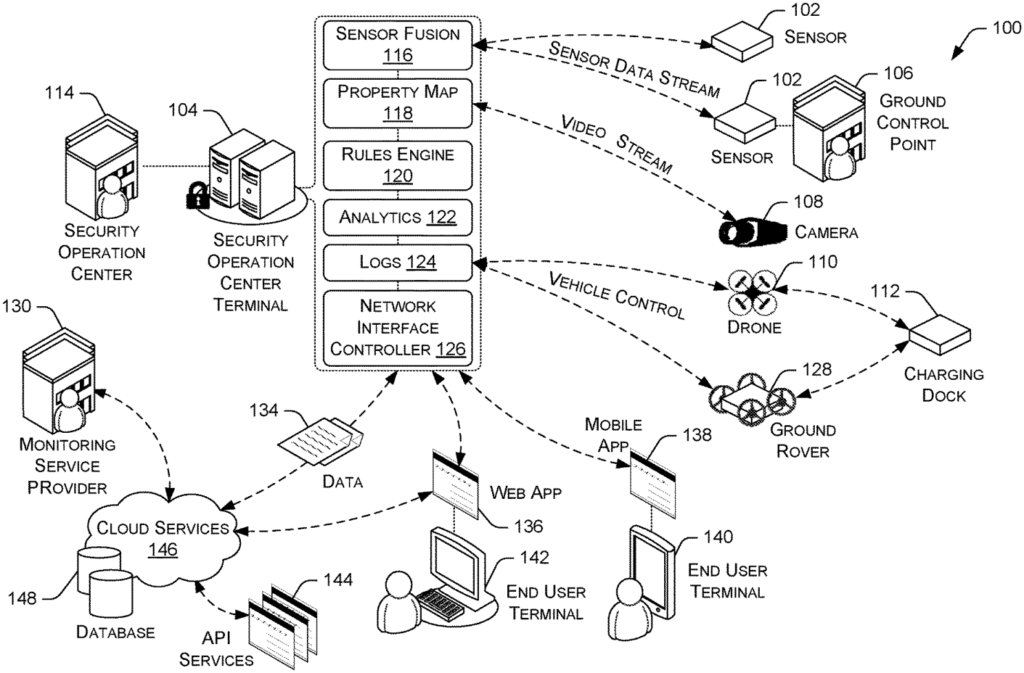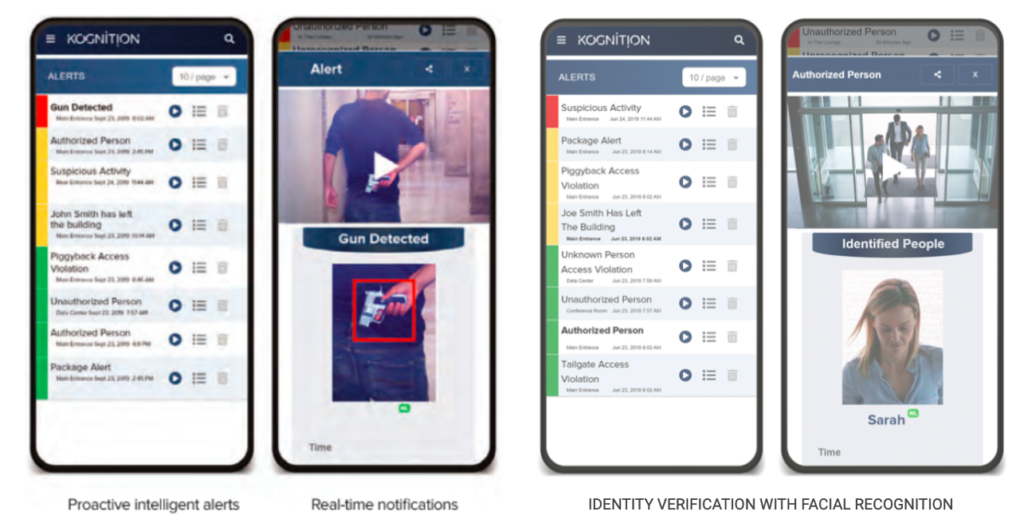NEW YORK, NEW YORK, July 6, 2021 — As America celebrated this week its 245th year of Independence, New York City is beginning to show signs of liberation from the past year of Covid captivity. Even my landmark office skyscraper, The Empire State Building, recently loosened its pandemic mask and social distancing restrictions. Unfortunately, the bustling of Midtown suits is still far from pre-pandemic highs, with office building occupancy hovering below twenty percent.

As Mark Ein, Chairman of Kastle Systems, explains, “New York, when you look across major markets across the United States, has been amongst the very slowest to return to the office, which I think we can explain by how hard the pandemic hit New York at the beginning.” The national office occupancy is 27% of pre-pandemic levels, with cities like Dallas at almost 50% capacity. The situation is even bleaker in the hospitality sector with reported NYC hotel room revenue down by more than 89% for the year.
As more than 70% of New Yorkers are vaccinated, experts are wondering how to jumpstart Manhattan’s business economy, which is primarily found today on Zoom. In the words of Morgan Stanley’s CEO James Gorman, “If you can go to a restaurant in New York City, you can come into the office. And we want you in the office.” He further chided his employees, “If you want to get paid New York rates, you work in New York. None of this ‘I’m in Colorado…and getting paid like I’m sitting in New York City.’ Sorry. That doesn’t work.”
Most experts believe that after Labor Day, the Big Apple will see a surge in foot traffic barring a resurgence of the virus. The big issue in speaking with landlords and service providers is imparting tenants with the confidence to return to normal. While building owners have started to install new camera and sensor technologies in their lobbies to detect masks and other threats, they have been slow to utilize the data to communicate to their employees and occupants what is actually happening on the ground. In fact, every new device comes with its own set of protocols, software, and integration hiccups. Matias Klein, CEO of Kognition.ai, hopes to change the Smart Building paradigm with his new AI-monitoring platform, Total Property Intelligence System (TPIS).

“Kognition’s TPIS is essentially the glue that makes everything work seamlessly regardless of the variety and number of cameras, sensors, and existing building equipment,” described Klein. He continued, “Our philosophy is that technology is only as good as its ability to be used in the field by non-techies, from the front-desk to the maintenance staff. This is why we built the platform from the ground up making it as open and interoperable as possible with an easy-to-use dashboard.”
Klein’s latest installation, The Link in Florida, further validates Kognition’s use case. As Raghu Misra, the property owner of the 22,000 square-foot coworking and incubator space declares, “We are pleased to have Matias and his team create a safer, smarter and more secure campus. He’s creating a next-generation smart building, where everything is state-of-the-art… He wants people to come to the link and feel safe, feel secure and more secure, more safe than they would be anywhere else.” The company’s software is also deployed across the country at Qualcomm’s corporate campus, JP Morgan’s InstaMed’s offices, Premier Pharmacy, Embarc Collective, and many more high-value sites.
In speaking with Klein, he shared with me his motivation for starting Kognition, “I’m a father of two small girls, and when I set out after selling my last startup I wanted to build something for them. At the time the Parkland School shooting attack shook me to the core, I knew then that there had to be a way to leverage technology to prevent tragedies before they happen.” He reflected on the path that brought him to TPIS, “I set out to speak with school principals, building managers, and facility operators to better understand what systems they had in place. What I found, surprisingly, was that there were plenty of cameras installed, but each one operated independently and no one actually viewed the footage in real-time to shunt potential disasters. Most of the video was achieved and only accessed after the fact when it was too late. It made sense, because no human can watch the millions of hours of video that is captured each day. Now with our AI platform physical spaces are empowered with action alerts to the people on the ground.”

The novelty of Kogntion’s technology has been further validated by the United States Patent and Trademark Office (USPTO) that recently awarded the company three ground-breaking patents for TPIS. In reading through the filing it is clear how the TPIS differentiates itself from other software offerings on the market. To date, facility managers have been frustrated with most products on the market that require one to rip-and-replace their existing equipment in their buildings with smart ones that are embedded with AI software. However, Kognition’s architecture is completely interoperable with any best of breed technologies from existing cameras to facial recognition servers to security drones to terrestrial robots. Furthermore, its system is so easy-to-use that it is the first “no code AI” for the built environment. As the patent filing states, “The system includes security operations centers that are connected to one or more sensors and vehicles for collecting and transmitting surveillance data to a database hosted on cloud services.” In breaking down the patents further, the abstracts detailed the automation and ease of TPIS, “The collected surveillance data is analyzed in order to automatically deploy security measures and/or recommend courses of action using a rules engine that can be configured to client-specific or user-specific security needs…Sensor fusion data and other surveillance data can be also transmitted to vetted monitoring service providers on a subscription basis to provide physical security services to the area within the property perimeter.” This means that Kognition’s enterprise software is fully customizable to each property’s requirements at the same time it can be widely deployed across a portfolio of buildings to provide dynamic situational awareness to prevent the spread of diseases, active shooters, hacking, espionage, theft, and other high-value dangers. Packaged together, Kognition’s intellectual property is a game changer for the real-estate industry, as its pervasive platform is priced significantly less than the hourly wages of on-site personnel, and substantially more dependable.

Last month, New York’s MetaProp Accelerator announced the expansion of a $100 million fund to capitalize on the growing market for products and services in the cyber-physical environment. According to Fortune Business Insights today’s Smart Building equipment, software, and services market exceeds $40 billion annually, which is projected to grow to over $100 billion in the next five years. Already, Kognition’s capital partners include such prestigious early-stage investors as DreamIt Ventures, Alumni Ventures and Ben Franklin Technologies. In the words of Andrew Ackerman, managing director of DreamIt, “Matias Klein is exactly the type of founder we back with well reasoned but loosely held opinions, just the right balance between confidence and openness to feedback. Kognition was a “crossover” startup for us, fitting in with both our Urbantech and Securetech programs and has been making huge strides since we first started working together. As we emerge from the pandemic, we believe that the entire sector is poised for rapid growth with companies like Kognition being mission critical to reopening the economy.”
As New York awaits to find out who will be its next mayor, a frustrated NY Post real estate columnist, Steve Cuozzo, decried the lack of urgency of the city’s political leaders to focus on office traffic. “Our leaders must show stay-at-homers, some of whom have rarely ventured into town since March 2020, how much has changed. Don’t just say “We’re back” — show them actual theaters, restaurants and stores that are alive again. Only when office workers rediscover the sheer thrill of the city will the Big Apple truly be back,” quipped Cuozzo. Now with technologies like Kognition, Manhattan’s office skyline will be illuminated by office lights that buzz late into the night again. The city that never sleeps is open for business.
—
